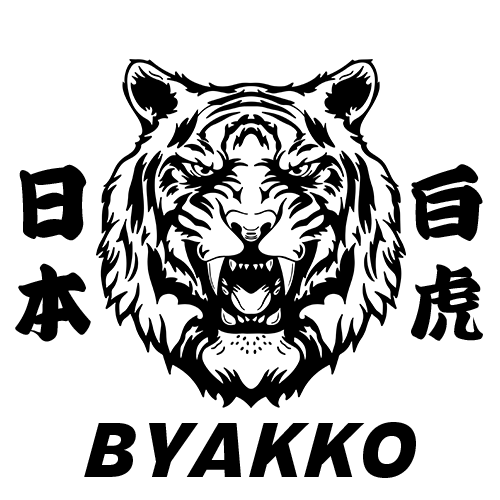We have a deep love for festivals, and this year, we enthusiastically participated in numerous festivals held throughout the Kanto region. In this post, we will provide an overview of the origins and history of Japanese festivals. Moreover, in the upcoming articles, we are excited to share our experiences and highlights from the festivals we've attended so far.

The Origin and History of Festivals in Japan
Festivals in Japan originated from ancient Shinto rituals dedicated to the worship of deities. The roots of these celebrations can be traced back to the myth of "Amanoiwato Kakure" recorded in the Kojiki, an ancient chronicle of Japanese mythology.
According to the myth, the Sun Goddess Amaterasu hid in the Amanoiwato cave, plunging the world into darkness. To coax her out, the myriad gods gathered for a grand feast in front of the cave. This event is considered the prototype of modern festivals, emphasizing their origin as celebrations to invite and entertain the gods.
Initially, festivals were held as banquets to entertain the deities. Over time, they evolved to include prayers for bountiful harvests, warding off misfortune, and expressing gratitude to the gods. This evolution has given rise to the diverse array of festivals witnessed in contemporary Japan.
Diverse Types of Japanese Festivals:
Japanese festivals encompass a wide range, from local children's festivals to rituals conducted by shrines and temples throughout the four seasons. Let's explore some representative genres:

Dance Festivals:
Many Japanese festivals feature traditional dances. Examples include the nationwide Bon Odori and Nenbutsu Odori performed during the Obon season. Notable festivals in this genre include the originative Yosakoi Festival in Kochi and the traditional Awa Odori in Tokushima, both emphasizing regional revitalization and spiritual significance.
Seasonal Festivals:
Throughout the year, Japan hosts seasonal festivals such as summer festivals and snow festivals. Spring brings flower festivals and the Girls' Day celebration of Hina Matsuri, while early summer features rice-planting festivals and kite-flying events. Each festival reflects the unique characteristics of its respective season.
Fire Festivals:
In addition to celebrating fertility and well-being, many Japanese festivals express gratitude to fire deities through fire rituals. The nationwide tradition of "Dondo Yaki" during the New Year and events like the Kurama Fire Festival in Kyoto and Nachi Fire Festival in Wakayama embody the captivating ambiance of fire festivals.

Fireworks Festivals:
Japan is renowned for its spectacular fireworks displays, showcased in events like the Nagaoka Festival in Niigata and the Sumida River Fireworks Festival in Tokyo. While fireworks contribute to the festive atmosphere, they also carry profound meanings such as commemorating the deceased and praying for community prosperity.
Japanese festivals, deeply rooted in ancient traditions and mythology, continue to captivate locals and tourists alike with their cultural richness and diversity. From dance rituals to seasonal celebrations and elaborate fire displays, these festivals offer a glimpse into Japan's spiritual and communal heritage.
Visit our apparel product page for Kimono, Hanten jackets and Happi jackets that are worn at Japanese festivals.
We also have an Instagram page for some vintage Japanese apparel styling inspirations.
